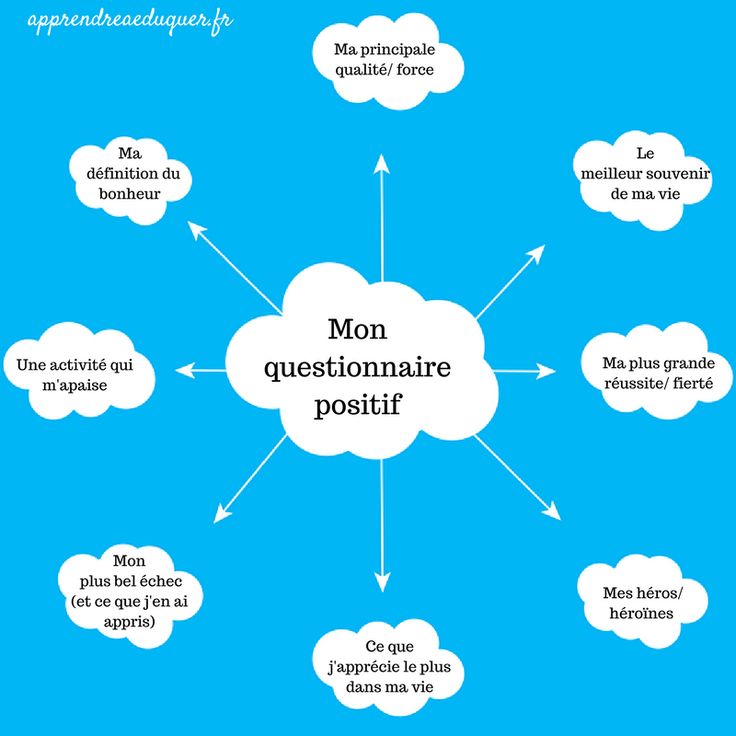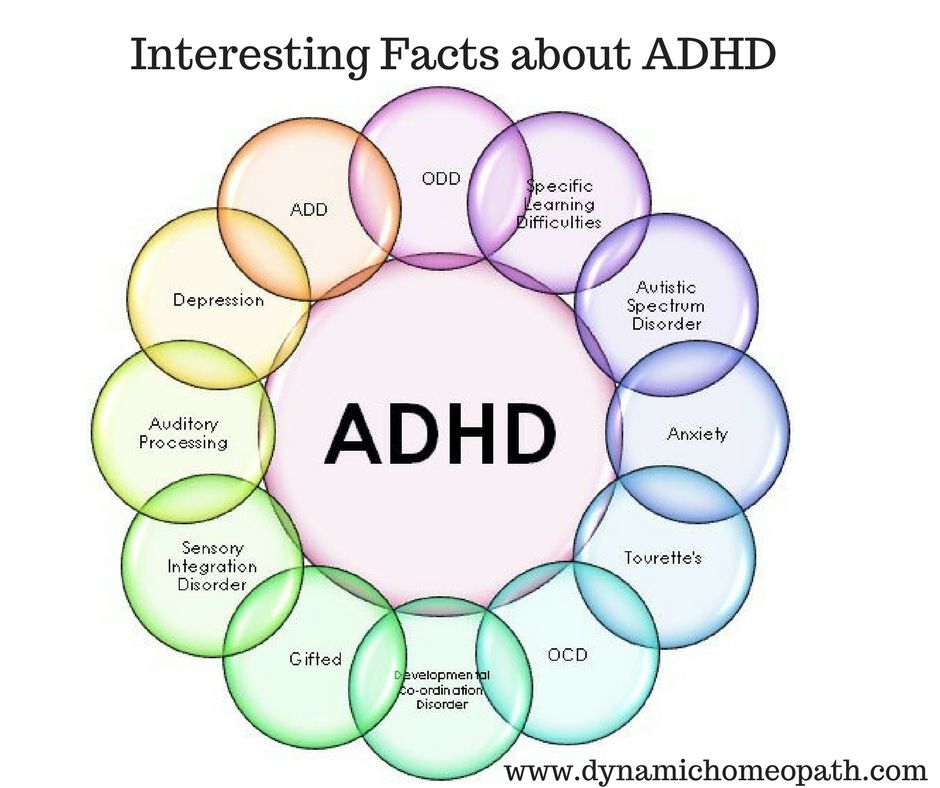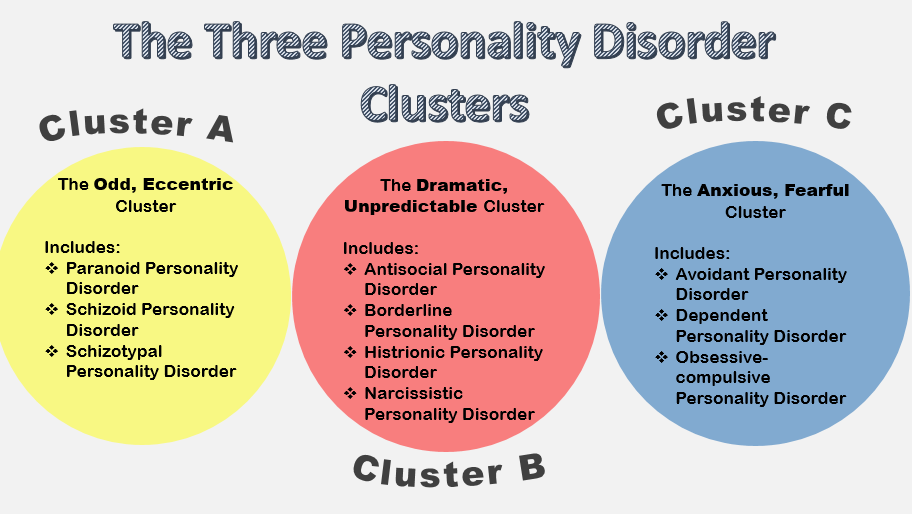Dealing with distress
Healthy Ways to Cope with Distress: 5 Tips
Emotional distress can be debilitating. The following coping strategies can help you deal with distress in a healthy and productive way.
Stress is a natural part of life. Sometimes it can even be a helpful force for motivation. But distress isn’t quite the same thing as stress.
Distress causes many of the same symptoms as anxiety and depression. It can cause sleeplessness, worry, and lack of focus. But it’s possible to find healthy ways to cope with and manage distress.
It can take time to identify distress and develop practical management tools. So try to be patient with yourself and keep an open mind about what might work for you.
Stress is a short-term experience that typically ends when the stressful event or situation passes. Unlike stress, distress doesn’t go away when the activating event is over. It’s a prolonged period of emotional or psychological anxiety, hardship, or worry.
Distress often results from a stressful situation combined with a pattern or way of thinking that prolongs feelings of stress.
One 2016 study found that people who experienced extreme psychological distress reported feeling inferior to others.
Distress symptoms can include:
- having little to no energy
- sleep disturbances
- unexplained aches and pains
- feelings of helplessness or hopelessness
- difficulty in your home or work life
- excessive use of alcohol, cigarettes, or drugs
- feelings of guilt without a clear cause
- excessive worry
- self-isolation
Researchers in the 2016 study noted that the body seems to act as a warning system. Many strategies for managing distress can help you get in tune with your body and how you’re feeling.
Distress isn’t always inevitable, though.
A 2017 systematic review suggests that having higher self-esteem and a lower tendency toward perfectionism may make you less likely to experience distress in the face of perceived failure. By building resilience and self-confidence, you may be better equipped to deal with distress.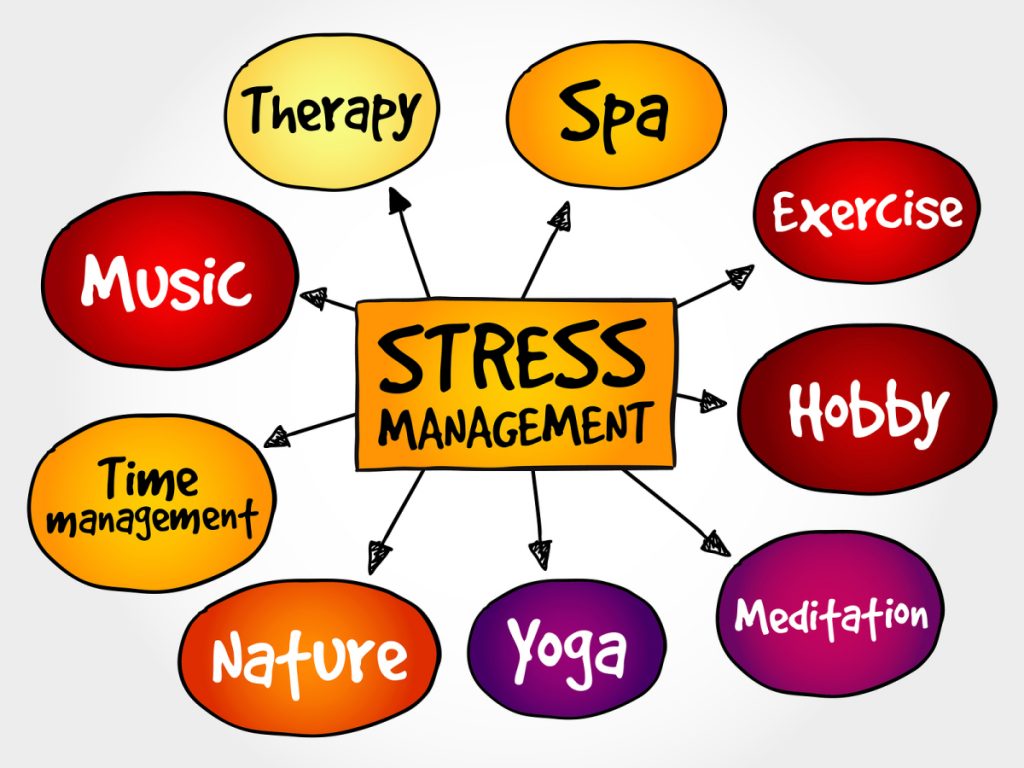
Try to be patient with yourself. You can limit distress, but it may take time. It can sometimes take months or years to develop successful coping skills. Some healthy coping mechanisms will be easy to add to your daily routine. Others will take time to learn.
1. Identifying causes and triggers
Changes in your personal and professional relationships, employment, or financial stability can often cause feelings of distress. Distress can also happen when you feel a lack of control over your circumstances.
Learning to recognize the physical symptoms of distress, like stomachaches or sleeplessness, can help. Consider using a journal to write down the previous day’s events and look for patterns that connect your feelings with important events or conversations.
2. Deep breathing
Deep breathing floods your body with oxygen and can help reduce physical tension, according to one 2016 study.
You might find it helpful to incorporate deep breathing into your routine.
A deep breathing exercise might involve:
- taking slow deep breaths while counting to five
- feeling your stomach expand outward on the in-breath
- slowly releasing your breath to a count of five
- allowing your stomach to come back toward the spine
- repeating until you feel calmer
3. Progressive muscle relaxation
Progressive muscle relaxation involves the progressive and conscious tightening and relaxing of your body’s muscles.
A 2015 study involving 101 participants found that regular practice helped reduce cortisol levels. Cortisol is a powerful stress hormone.
If you need a bit more direction before starting your first session, consider browsing YouTube for videos that guide you through the process.
4. Mindfulness meditation
Mindfulness meditation involves focusing your thoughts on the present and meditation. Meditation uses deep breathing and gentle guidance to center your thoughts.
One review from 2016 found that mindfulness meditation helped students better deal with college-related stress.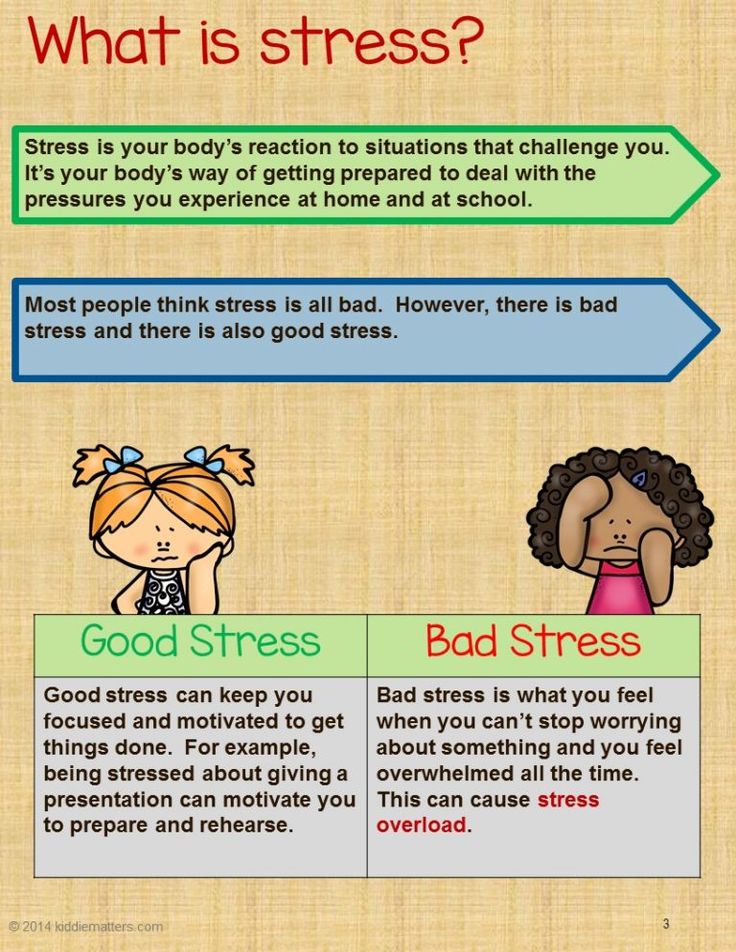
Another review of studies from the same year found that mindfulness meditation improved depression symptoms and quality of life in people with chronic pain.
It takes some practice to successfully use mindfulness meditation. You might find apps like Headspace or Calm helpful for guiding you through a meditation session.
5. Regular exercise
Physical activity is good for your mental and physical health. But you don’t have to run a marathon to manage distress.
A 2020 study involving teens with symptoms of depression found that even light physical activity may improve depressive symptoms.
To limit distress in your everyday life, consider adding a daily walk, 10- to 15-minute yoga session, gardening, or other short, simple forms of physical activity to your routine.
Many people experience distress, so you’re not alone. If you’re experiencing distress that interferes with your day-to-day activities, talking with a mental health professional might be a good idea. They can help you develop coping skills and work through the causes of your distress.
They can help you develop coping skills and work through the causes of your distress.
If you’re not sure where to find a counselor or therapist, try contacting your insurance provider for a list of accepted professionals within your network.
Many national organizations are also devoted to helping people find access to mental health care, including:
- Substance Abuse and Mental Health Services Administration (SAMHSA)
- Anxiety and Depression Association of America
- Mental Health America
Help is available
If you think you may harm yourself due to distress, call the National Suicide Prevention Lifeline at 1-800-273-8255.
Distress is the result of ongoing stress. Its symptoms are similar to some common mental health disorders, like anxiety and depression.
By identifying the causes and triggers for distress, you can develop and incorporate effective coping strategies into your daily routine. Healthy coping skills may include daily meditation and regular exercise.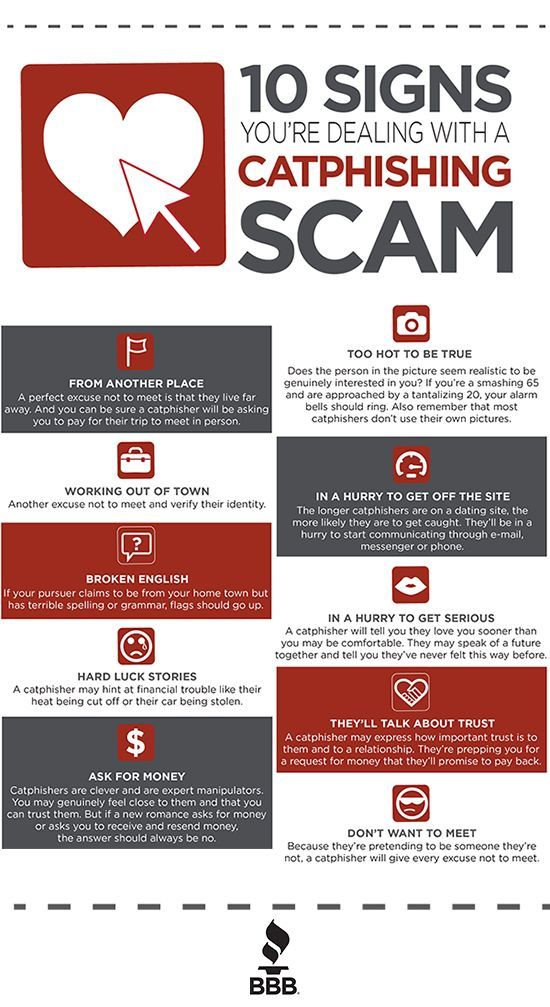
And if the amount of distress you’re experiencing feels like too much to handle, you might also consider seeing a mental health professional.
Healthy Ways to Cope with Distress: 5 Tips
Emotional distress can be debilitating. The following coping strategies can help you deal with distress in a healthy and productive way.
Stress is a natural part of life. Sometimes it can even be a helpful force for motivation. But distress isn’t quite the same thing as stress.
Distress causes many of the same symptoms as anxiety and depression. It can cause sleeplessness, worry, and lack of focus. But it’s possible to find healthy ways to cope with and manage distress.
It can take time to identify distress and develop practical management tools. So try to be patient with yourself and keep an open mind about what might work for you.
Stress is a short-term experience that typically ends when the stressful event or situation passes. Unlike stress, distress doesn’t go away when the activating event is over. It’s a prolonged period of emotional or psychological anxiety, hardship, or worry.
It’s a prolonged period of emotional or psychological anxiety, hardship, or worry.
Distress often results from a stressful situation combined with a pattern or way of thinking that prolongs feelings of stress.
One 2016 study found that people who experienced extreme psychological distress reported feeling inferior to others.
Distress symptoms can include:
- having little to no energy
- sleep disturbances
- unexplained aches and pains
- feelings of helplessness or hopelessness
- difficulty in your home or work life
- excessive use of alcohol, cigarettes, or drugs
- feelings of guilt without a clear cause
- excessive worry
- self-isolation
Researchers in the 2016 study noted that the body seems to act as a warning system. Many strategies for managing distress can help you get in tune with your body and how you’re feeling.
Distress isn’t always inevitable, though.
A 2017 systematic review suggests that having higher self-esteem and a lower tendency toward perfectionism may make you less likely to experience distress in the face of perceived failure. By building resilience and self-confidence, you may be better equipped to deal with distress.
By building resilience and self-confidence, you may be better equipped to deal with distress.
Try to be patient with yourself. You can limit distress, but it may take time. It can sometimes take months or years to develop successful coping skills. Some healthy coping mechanisms will be easy to add to your daily routine. Others will take time to learn.
1. Identifying causes and triggers
Changes in your personal and professional relationships, employment, or financial stability can often cause feelings of distress. Distress can also happen when you feel a lack of control over your circumstances.
Learning to recognize the physical symptoms of distress, like stomachaches or sleeplessness, can help. Consider using a journal to write down the previous day’s events and look for patterns that connect your feelings with important events or conversations.
2. Deep breathing
Deep breathing floods your body with oxygen and can help reduce physical tension, according to one 2016 study.
You might find it helpful to incorporate deep breathing into your routine.
A deep breathing exercise might involve:
- taking slow deep breaths while counting to five
- feeling your stomach expand outward on the in-breath
- slowly releasing your breath to a count of five
- allowing your stomach to come back toward the spine
- repeating until you feel calmer
3. Progressive muscle relaxation
Progressive muscle relaxation involves the progressive and conscious tightening and relaxing of your body’s muscles.
A 2015 study involving 101 participants found that regular practice helped reduce cortisol levels. Cortisol is a powerful stress hormone.
If you need a bit more direction before starting your first session, consider browsing YouTube for videos that guide you through the process.
4. Mindfulness meditation
Mindfulness meditation involves focusing your thoughts on the present and meditation. Meditation uses deep breathing and gentle guidance to center your thoughts.
One review from 2016 found that mindfulness meditation helped students better deal with college-related stress.
Another review of studies from the same year found that mindfulness meditation improved depression symptoms and quality of life in people with chronic pain.
It takes some practice to successfully use mindfulness meditation. You might find apps like Headspace or Calm helpful for guiding you through a meditation session.
5. Regular exercise
Physical activity is good for your mental and physical health. But you don’t have to run a marathon to manage distress.
A 2020 study involving teens with symptoms of depression found that even light physical activity may improve depressive symptoms.
To limit distress in your everyday life, consider adding a daily walk, 10- to 15-minute yoga session, gardening, or other short, simple forms of physical activity to your routine.
Many people experience distress, so you’re not alone. If you’re experiencing distress that interferes with your day-to-day activities, talking with a mental health professional might be a good idea. They can help you develop coping skills and work through the causes of your distress.
They can help you develop coping skills and work through the causes of your distress.
If you’re not sure where to find a counselor or therapist, try contacting your insurance provider for a list of accepted professionals within your network.
Many national organizations are also devoted to helping people find access to mental health care, including:
- Substance Abuse and Mental Health Services Administration (SAMHSA)
- Anxiety and Depression Association of America
- Mental Health America
Help is available
If you think you may harm yourself due to distress, call the National Suicide Prevention Lifeline at 1-800-273-8255.
Distress is the result of ongoing stress. Its symptoms are similar to some common mental health disorders, like anxiety and depression.
By identifying the causes and triggers for distress, you can develop and incorporate effective coping strategies into your daily routine. Healthy coping skills may include daily meditation and regular exercise.
And if the amount of distress you’re experiencing feels like too much to handle, you might also consider seeing a mental health professional.
90,000 stress and how to deal with itMinistry of Health of the Astrakhan Region
GBUZ JSC Center for Medical Prevention
Stress and how to deal with it
Each person is faced with each person. stressful situations. Stress (eng. - tension) - a state of mental stress that occurs in a person under the influence of strong influences. Everyone is subject to stress and it is very important how a person behaves in a stressful situation.
A few tips for coping with stress:
-
No decisions should be made in an acute stressful situation. The exceptions are natural disasters when it comes to saving lives.
-
Count to ten.
-
Try to leave the room.
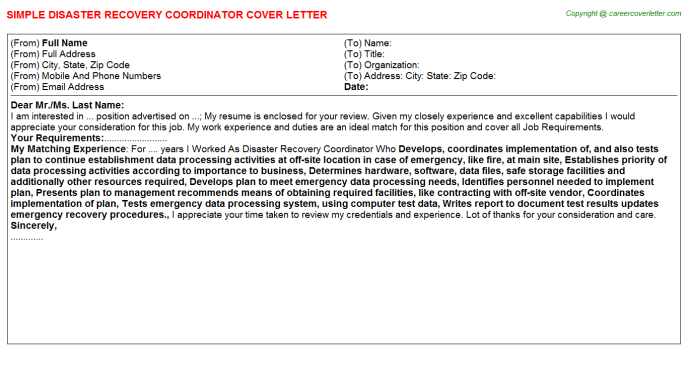 Go to another where there is no one or go outside. Look around slowly. Looking from one object to another, mentally describe their appearance. This will help you take your mind off inner tension.
Go to another where there is no one or go outside. Look around slowly. Looking from one object to another, mentally describe their appearance. This will help you take your mind off inner tension. -
Moisten forehead, temples and arteries on hands with cold water . Having drawn water into a glass (in extreme cases - in the palm of your hand), drink it slowly, concentratedly. Concentrate your attention on the sensations as the water flows down your throat.
-
Straighten up. Stand with your feet shoulder-width apart and as you exhale, bend over, relaxing your neck and shoulders so that your head and arms hang freely towards the floor. Breathe deeply, watch your breath. Keep doing this for 1-2 minutes. Then slowly straighten up; be careful not to dizzy.
It is very important to know about the causes of stress and to be able to deal with the negative effects of stress.
Ways to deal with stress:
-
Communication with people who are strong, optimistic, united by common interests.

-
Support for loved ones.
-
External sources of forces (nature, music, books).
-
Switch to something good, remember happy moments.
-
Set feasible tasks, look at life realistically.
-
Go in for physical education and sports.
-
Eat right, observing the daily routine.
-
Enjoy life.
-
Remember, we are strong when we believe in ourselves.
Stress resistance – is the ability to overcome difficulties, suppress one's emotions, understand human moods, showing endurance and tact.
Stress prevention is an important condition for maintaining emotional health. And it is important to follow the general principles for increasing the level of resistance to stressful situations. This will prolong your life and increase its level several times. Here are ways to control unpleasant experiences:
TEN COMMANDMENTS to overcome emotional stress
-
"Strive for the goal and do not fight over trifles" - Hans Selye's advice.

-
Treat others as you would like them to treat you.
-
Don't try to do everything at once; Don't forget about rest. Monotonous work is tiring, a change of activities helps to maintain strength and health.
-
Appreciate the joy of the true simplicity of life, avoiding everything ostentatious and deliberate. This will earn you the affection and love of those around you.
-
Before you do something in a conflict situation, weigh your strength and the expediency of action.
-
Try to see the bright side of events and people. “Take an example from the sundial - count only joyful days” - folk wisdom.
-
If it is necessary to undertake a business (conversation) that is depressingly unpleasant for you, do not put it off until later.
-
Even in case of failure in any business (or conversation), try to see your "pluses". Don't focus your memories on failures.
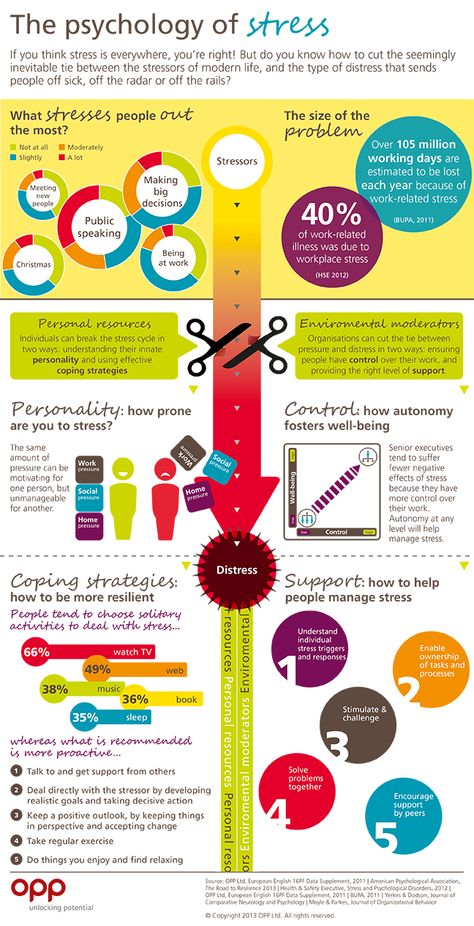 Try to increase your success and faith in yourself.
Try to increase your success and faith in yourself. -
Set realistic and important goals in any business.
-
Learn to reasonably reward yourself for achieving your goal.
Think about yourself, love yourself and then no stress will be
You will not be afraid!
The material was prepared by0005
- 2018
Despite the increasing frequency and severity of natural disasters, countries continue to engage in self-destruction
Every year, natural disasters turn the lives of millions of people - they lose loved ones, lose property and shelter. Many are forced to leave their homes. However, the consequences of natural disasters can be mitigated or prevented. This was stated by UN experts in connection with the International Day for Disaster Risk Reduction. It is celebrated on October 13th.
Today, the UN Office for Disaster Risk Reduction issued an urgent appeal to all countries to step up their preparations for disasters ranging from earthquakes and tsunamis to biological threats such as the novel coronavirus.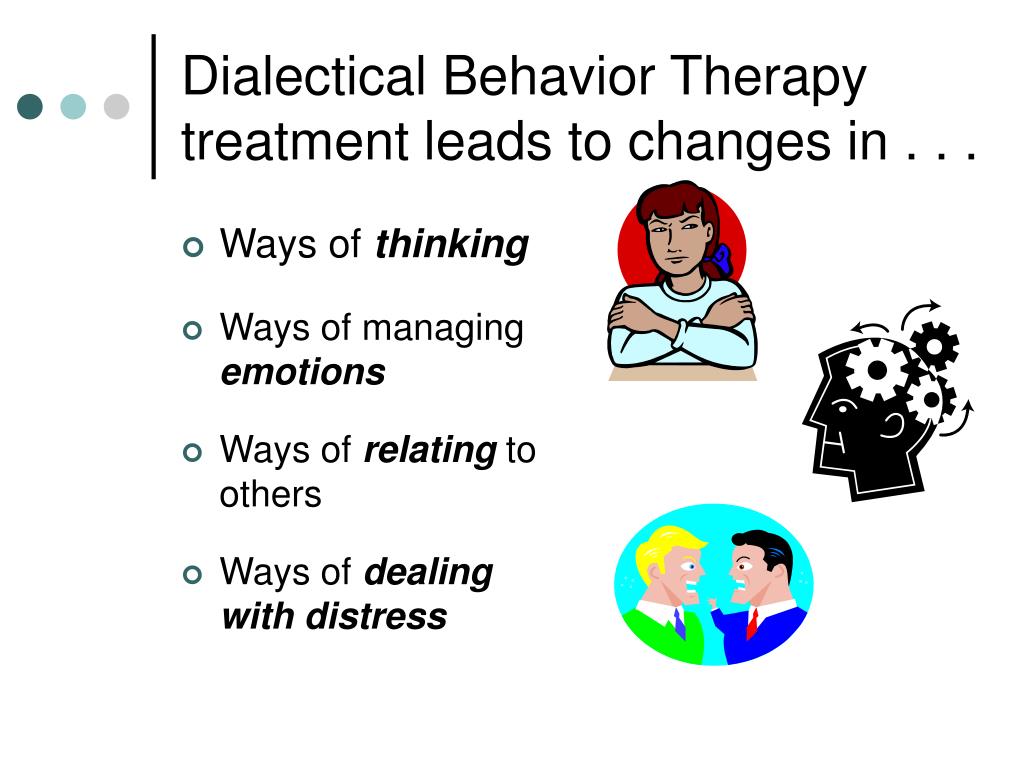 Experts believe that these threats are mainly the result of climate change, and blame the rich countries for not taking decisive action to reduce greenhouse gas emissions that lead to global warming.
Experts believe that these threats are mainly the result of climate change, and blame the rich countries for not taking decisive action to reduce greenhouse gas emissions that lead to global warming.
The UN noted that international and national disaster preparedness agencies have succeeded in improving the preparedness of countries and individual communities for natural disasters and organizing rescue operations. Thanks to their efforts and the selfless work of volunteers, it is possible to save the lives of many people every year.
“However, their opportunities are diminishing every year as industrialized countries do not take decisive action to reduce greenhouse gas emissions into the atmosphere,” said Mami Mizutori, Head of the Office and Special Representative of the Secretary-General for Disaster Reduction.
According to a UN report, over the past two decades, there have been 7,348 natural disasters around the world, resulting in the deaths of approximately 1. 23 million people - approximately 60,000 per year. At the same time, the death rate in poor countries is four times higher than in rich ones. In total, more than four billion people have been affected by natural disasters in the first 20 years of this century. And the economic damage from them amounted to 2.97 trillion dollars. For comparison: over the previous 20-year period - from 1980 to 1999 - 4212 natural disasters were recorded, which killed 1.19 million people and affected more than three billion people in total, and economic losses amounted to 1.63 trillion dollars.
Experts attribute such a sharp jump in the number of natural disasters mainly to climate change. At the same time, they note that more than 40 percent of natural disasters are caused by floods, 28 percent by hurricanes and eight percent by earthquakes.
This, according to experts, is clear evidence of the effects of global warming. In 2019, the average global temperature was 1.1 degrees Celsius above the pre-industrial period. The result is an increase in extreme weather events, including droughts, floods, storms, hurricanes and wildfires.
The result is an increase in extreme weather events, including droughts, floods, storms, hurricanes and wildfires.
The UN regretted that countries are not keeping the promise made in Paris in 2015 to keep temperatures from rising by more than 1.5 degrees Celsius above pre-industrial levels.
Mami Mizutori stressed that despite the disturbing scientific evidence, countries continue to self-destruct.
With regard to the COVID-19 pandemic, the UN said it has "exposed many weaknesses in disaster risk management" and recommended that governments take urgent action to better manage the effects of natural disasters. At the same time, according to experts, when developing appropriate strategies, it is necessary to take into account many risk factors associated, including poverty, climate change, air pollution, uncontrolled urbanization and the loss of flora and fauna.
Although extreme weather events have become the 'unfortunate norm' over the past 20 years, only 93 countries have developed national disaster risk management strategies.




